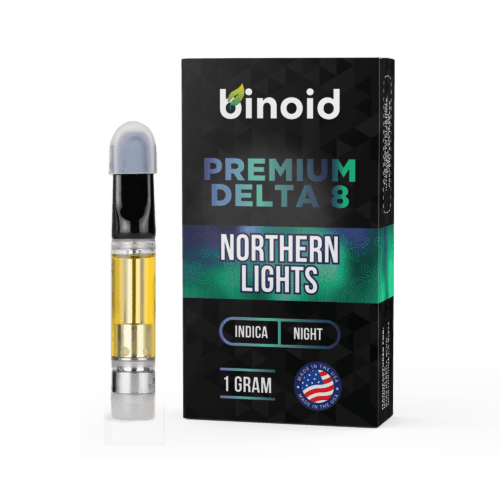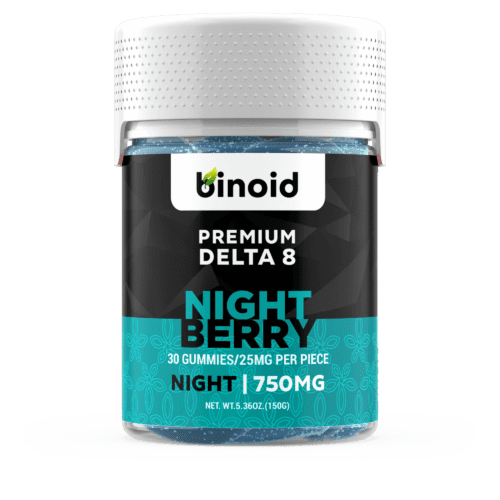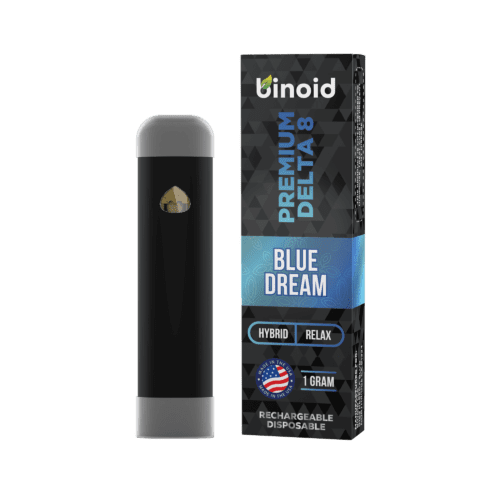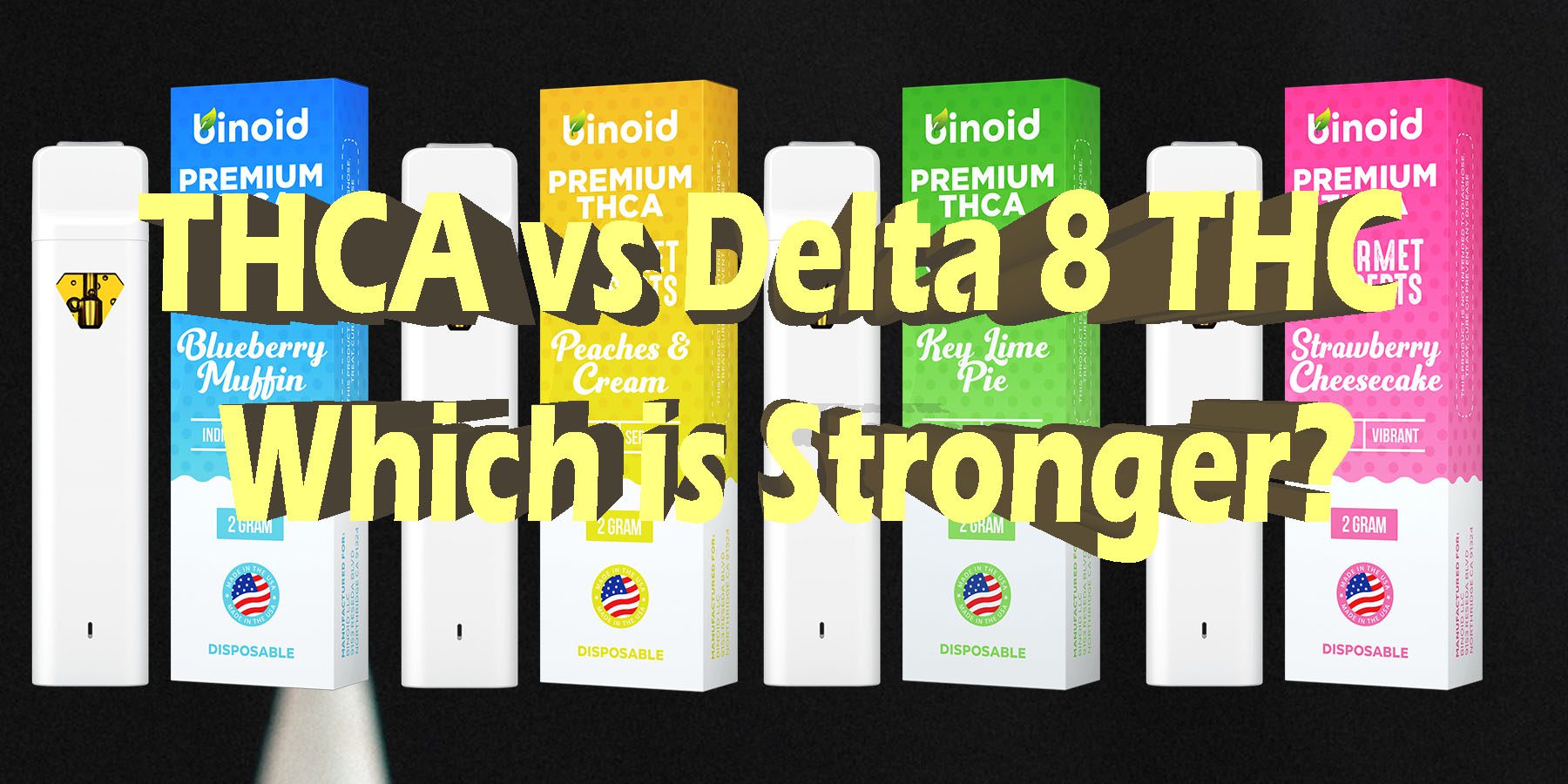
THCA vs Delta 8: Which Is Stronger?
Cannabis enthusiasts have always been curious about which cannabinoids pack the biggest punch. In recent years, two cannabinoids have captured the spotlight: THCA and Delta 8 THC. These compounds, while both originating from the cannabis plant, offer unique experiences and effects. But when it comes to strength, which one truly reigns supreme? Let’s dive into the nitty-gritty of these fascinating cannabinoids, breaking down their properties, strengths, and how external factors can amplify their effects.
To Buy THCA Products Click Here
-
Product on sale
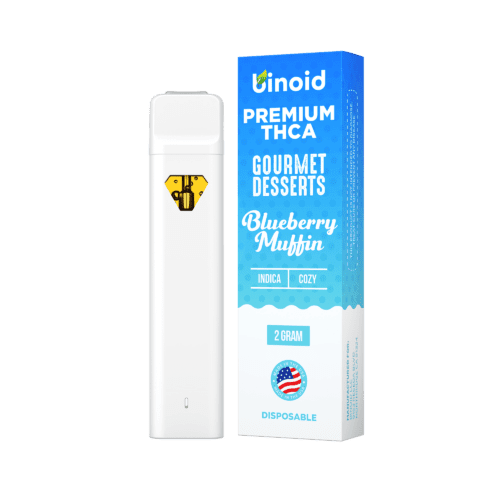 THCA Disposable 2 Gram – Gourmet Desserts$37.99
THCA Disposable 2 Gram – Gourmet Desserts$37.99$73.00 -
Product on sale
 THCA Diamonds 2500mg – Live Rosin$37.99
THCA Diamonds 2500mg – Live Rosin$37.99$59.99 -
Product on sale
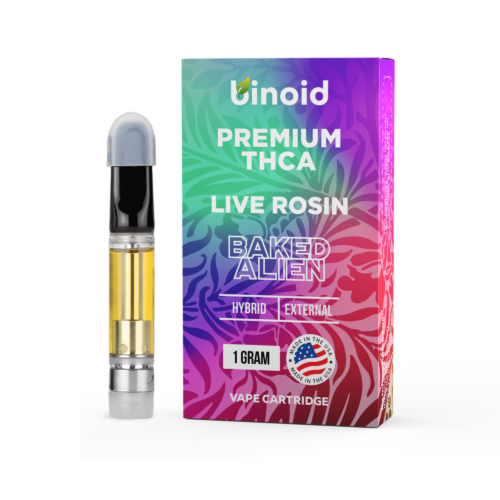 THCA Vape Cartridge Baked Alien – Live Rosin$30.99
THCA Vape Cartridge Baked Alien – Live Rosin$30.99$59.99
THCA 101
Tetrahydrocannabinolic acid is found in high concentrations in raw cannabis flower, particularly in the trichomes (those sticky, resinous glands that coat the plant). These trichomes also house terpenes and other cannabinoids, making raw cannabis a treasure trove of potential.
While most people associate cannabis with smoking or vaping, raw cannabis (rich in THCA) can also be consumed without heating. This makes THCA accessible in its natural form through products providing a different kind of cannabis experience for those who want to avoid intoxication.
THCA’s value lies not just in its chemical structure but also in its versatility. It can remain in its non-intoxicating state or transform into THC for a more intense experience. This dual nature makes it a fascinating cannabinoid that bridges the gap between raw and processed cannabis.
THCA’s Strength
In its raw form, THCA is not considered “strong” in the conventional sense because it doesn’t produce intoxicating effects. However, once it is decarboxylated and converted into THC, its strength becomes comparable to—or even greater than—naturally occurring THC, depending on the strain and consumption method.
The true strength of THCA lies in its ability to offer users flexibility. For those users who prefer a milder experience, consuming raw THCA is an excellent choice. For others who want a more intense psychoactive effect, decarboxylating THCA transforms it into a powerful compound capable of delivering a potent high.
-
Product on sale
 True Strain 7 Gram Disposable Vape$63.99
True Strain 7 Gram Disposable Vape$63.99$109.99
Factors That Can Help Increase the Strength of THCA
The strength of THCA is not just determined by its chemical conversion to THC. You see, a variety of factors can amplify its effects, so let’s explore them better in detail here.
Factor #1: The Form It’s Being Used In
THCA can be found in the following forms/product types:
-
THCA Vapes: Vaping offers a quick, efficient way to decarboxylate and activate THCA. The rapid heating process turns THCA into THC, delivering potent effects almost instantly.
-
THCA Dabs: For those users seeking maximum potency, dabbing is the go-to method. THCA concentrates used for dabbing are incredibly pure and strong after decarboxylation.
-
THCA Gummies: These provide a non-intoxicating way to enjoy THCA, but if combined with other mild to highly psychoactive cannabinoids, or contain Live Resin or Live Rosin for instance, then the potency overall is actually increased, but in an in-direct manner.
-
THCA Tinctures: Sublingual tinctures are another effective way to use THCA. Depending on the preparation, they can offer raw THCA benefits.
-
THCA Capsules: Are a convenient way to control dosing, making them ideal for those who prefer consistency.
-
THCA Flower: Smoking or vaping flower is mainly what activates THCA, transforming it into THC and offering the full spectrum of cannabinoids and terpenes for enhanced effects.
Factor #2: The Strain Type It’s Paired With
There are tons of strains in the cannabis space, as each is placed into one of three categories:
-
Indica: Indica’s sedative properties complement the potency of decarboxylated THCA.
-
Sativa: A Sativa pairing enhances THCA’s potential for energizing and uplifting effects.
-
Hybrid: Hybrid strains combine the best of both worlds, allowing THCA to provide a balanced experience tailored to the user’s needs.
-
Product on sale
 Super 7 Tincture – 7000mg$39.99
Super 7 Tincture – 7000mg$39.99$59.99
Factor #3: If Any Cannabis Concentrates are Added to It
A cannabis concentrate is a highly potent form of cannabis that has been processed to isolate and concentrate the plant’s active compounds. Hence, you can find certain THCA products with the following:
-
Live Resin: Known for its terpene richness, live resin enhances the overall experience by boosting flavor and potency.
-
Live Rosin: This solventless concentrate pairs perfectly with THCA, amplifying its effects while maintaining purity.
-
Live Sugar: The crystallized texture of live sugar adds a boost of potency and flavor to THCA products.
-
Live Hash (Rosin or Resin): A traditional concentrate that pairs well with THCA for a smoother, more potent experience.
-
Live Badder (Rosin or Resin): This creamy concentrate enhances THCA’s strength, especially in dabs or vapes.
-
Live Budder (Rosin or Resin): Similar to live badder, this concentrate provides an intense boost to THCA products.
Factor #4: Blended with Other Cannabinoids
THCA is often combined with other cannabinoids like CBD, Delta 8, THC-P, etc., in order to create a more nuanced experience. These blends capitalize on the entourage effect, where cannabinoids and terpenes work together to enhance the overall impact.
Is the Strength of THCA Based on Personal Preference Too?
Yes, personal preference plays a significant role in determining how strong THCA feels. Factors like individual tolerance, desired effects, and consumption method all contribute to the overall experience. For some people, raw THCA is perfect for a subtle, non-intoxicating effect, while others may prefer its decarboxylated form for a more pronounced high.
Going back to tolerance for a moment though, regular users with a higher tolerance to cannabinoids may require products with higher THCA concentartions to achieve the desired effects. Newer or less frequent users may feel the effects of lower concentrations more intensely.
Keep in mind too, that everyone’s endocannabinoid system reacts differently to cannabinoids, so some people may experience stronger effects with lower concentrations of THCA, while others may need higher levels to feel anything at all.
Delta 8 THC 101
Delta 8 THC is a minor cannabinoid that’s structurally similar to Delta 9 THC but with some distinct differences. Known for its milder psychoactive effects, Delta 8 THC has become increasingly popular among those seeking a more controlled and less intense high. Extracted primarily from hemp, Delta 8 THC is typically derived through chemical conversion processes due to its limited natural abundance.
Delta 8 THC interacts with CB1 receptors in the brain, but its affinity is weaker than Delta 9 THC. This weaker binding results in effects that are often described as euphoric, relaxing, and clear-headed. Delta 8 THC is also praised for its versatility, appearing in various forms such as vapes, gummies, tinctures, and more.
Delta 8’s Strength
Delta 8 THC is considered less potent than Delta 9 THC but can still provide significant psychoactive effects. Hence. this milder effect makes it appealing for newcomers or those looking for a balanced experience. And while not as intense as decarboxylated THCA, Delta 8 THC’s strength lies in its ability to deliver a consistent and predictable high across various consumption methods.
Factors That Can Help Increase the Strength of Delta 8
Delta 8 THC’s strength can be influenced by a range of factors, much like THCA. Let’s explore these elements, shall we.
Factor #1: The Form It’s Being Used In
Delta 8 can be found in the following forms/product types:
-
Delta 8 Vapes: Vaping Delta 8 provides a fast-acting and potent experience, ideal for immediate effects.
-
Delta 8 Dabs: Highly concentrated, dabbing Delta 8 delivers maximum potency.
-
Delta 8 Gummies and Candies: These offer long-lasting effects due to delayed onset, often perceived as stronger over time.
-
Delta 8 Baked Goods: Similar to gummies, baked goods provide sustained effects but with an added flavor experience.
-
Delta 8 Tinctures: Sublingual application ensures rapid absorption, offering a strong and direct high.
-
Delta 8 Capsules: Provide a discreet, controlled way to experience Delta 8’s effects.
-
Delta 8 Flower: Combines the benefits of Delta 8 THC with the aroma and flavor of natural cannabis flower.
Factor #2: The Strain Type It’s Paired With
There are tons of strains in the cannabis space, as each is placed into one of three categories:
-
Indica: Enhances Delta 8’s more blissful-like properties.
-
Sativa: Boosts energy and focus, offering a more uplifting experience.
-
Hybrid: Creates a balanced high tailored to individual preferences.
Factor #3: If Any Cannabis Concentrates are Added to It
A cannabis concentrate is a highly potent form of cannabis that has been processed to isolate and concentrate the plant’s active compounds. Hence, you can find certain Delta 8 products with the following:
-
Live Resin: Boosts potency and enhances the overall experience.
-
Live Rosin: Delivers a clean, terpene-rich addition to Delta 8 products.
Blended with Other Cannabinoids
Delta 8 THC is often combined with non-psychoactive cannabinoids like CBG or CBN, mildly psychoactive cannabinoids like Delta 10 and THCV, and more powerful cannabinoids like THC-P, THC-H, HHC, etc., in order to diversify its effects. These combinations can significantly increase perceived strength, depending on the blend.
Is the Strength of Delta 8 Based on Personal Preference Too?
As with THCA, the strength of Delta 8 THC is highly subjective. Factors like individual tolerance, consumption method, and desired effects influence how strong Delta 8 feels. Some users prefer its milder nature, while others may find it underwhelming compared to other cannabinoids.
To further extend on this, pertaining first to tolerance levels, regular users with a higher tolerance to Delta 8 may prefer products with higher concentrations to achieve the desired effects, while less experienced users may find lower concentrations sufficient. Also, those who have been using cannabinoids for a longer period might have a higher tolerance to Delta 8 and therefore prefer stronger doses or products with higher concentrations. Beginners might start with a lower dose and increase it based on their comfort level and desired effects.
Keep in mind though, people react to cannabinoids differently, so individual sensitivity has a big role in how strong Delta 8 THC feels. Some may feel effects with just a small amount, while others may need higher doses to experience the same level of effect. Other variables such as body weight, metabolism, and previous cannabinoid usage all contribute to how someone perceives Delta 8.
THCA and Delta 8 THC Really Do Have Their “Strengths”
When it comes to deciding which is stronger, THCA and Delta 8 THC each have their own unique advantages. THCA’s strength lies in its potential to transform into THC, offering a robust experience, while Delta 8’s milder effects provide a more approachable option. Ultimately, the “stronger” cannabinoid depends on personal preferences, product forms, and the specific experience you’re seeking. Both have their place in the cannabinoid landscape, especially here at Binoid, offering distinct paths to explore cannabis’s diverse potential.


